9 GPTs for Medication Identification Powered by AI for Free of 2026
AI GPTs for Medication Identification are advanced generative pre-trained transformers specifically designed to recognize, classify, and provide information on medications. These AI tools leverage the vast capabilities of GPTs to process natural language queries, images of medications, and structured data to deliver accurate information. This specialization in medication identification makes them invaluable in healthcare, pharmacy, and patient care settings, where precise identification can significantly impact treatment outcomes. By understanding the context and nuances of pharmaceuticals, these AI models offer tailored solutions that enhance safety, efficiency, and knowledge dissemination within the medical field.
Top 9 GPTs for Medication Identification are: Medi Scan,Lector de recetas médicas,의료 전문가 - 인공지능 의사, 약사봇,SmartPharm,약사 챗봇,PharmaFinder AI,圖文辨識薬品名稱,하티약국 AI,MediScan
Medi Scan
Empowering Safe Medication Use with AI
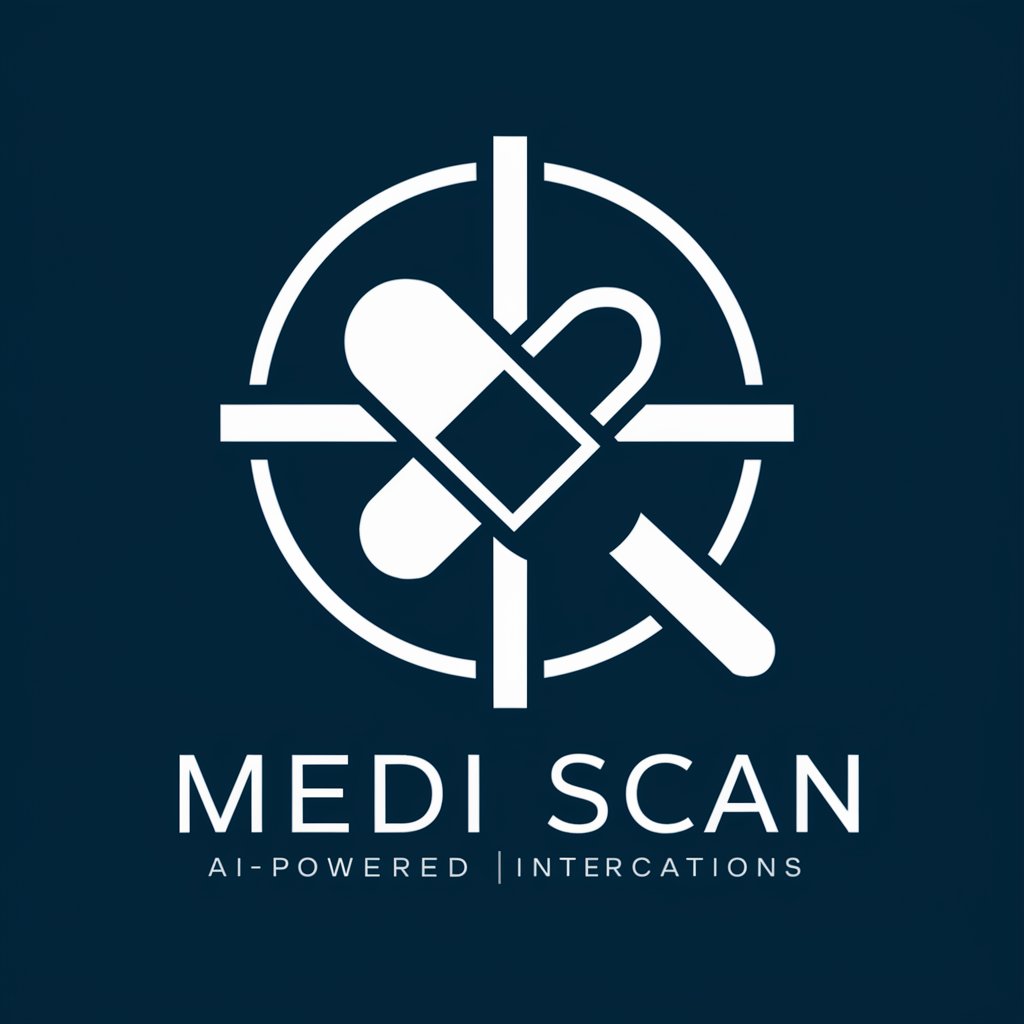
Lector de recetas médicas
Unveiling clarity in medical prescriptions with AI
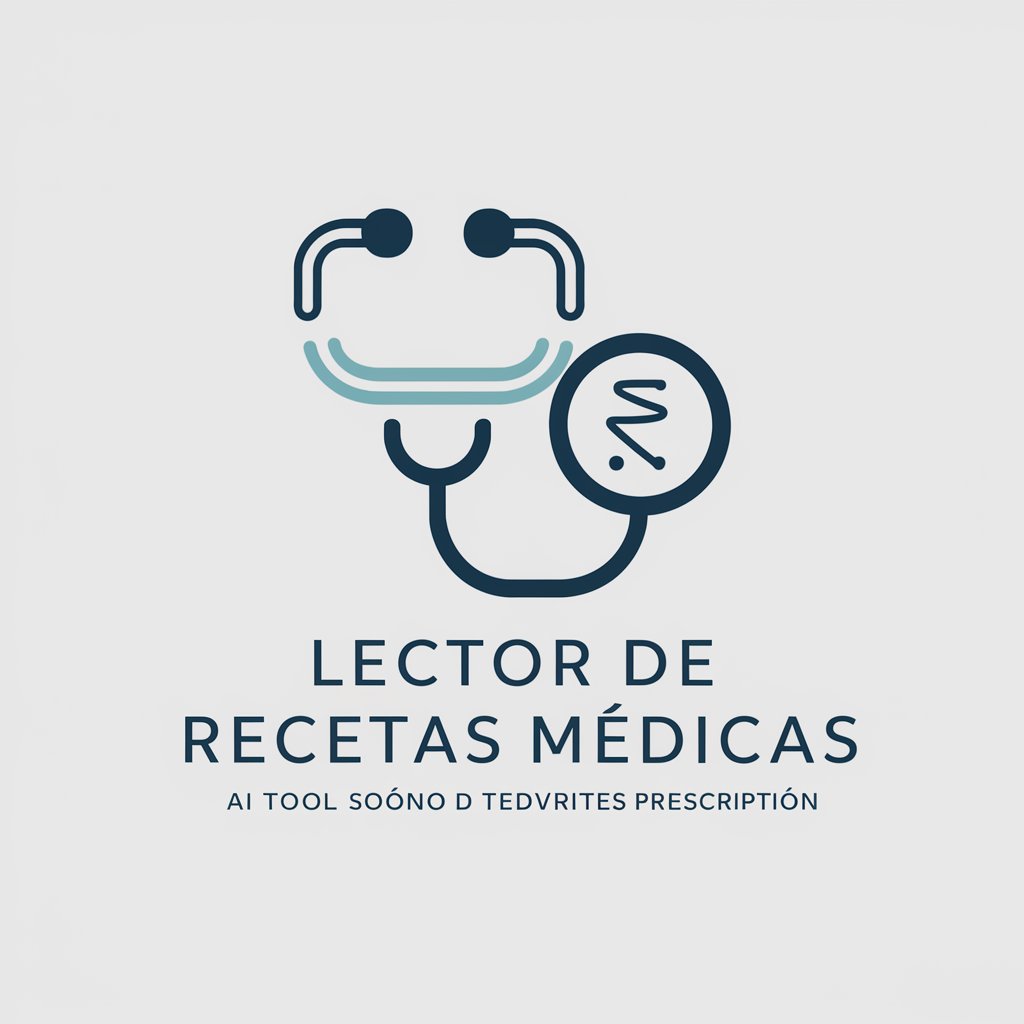
의료 전문가 - 인공지능 의사, 약사봇
Your AI-powered medical advisor.
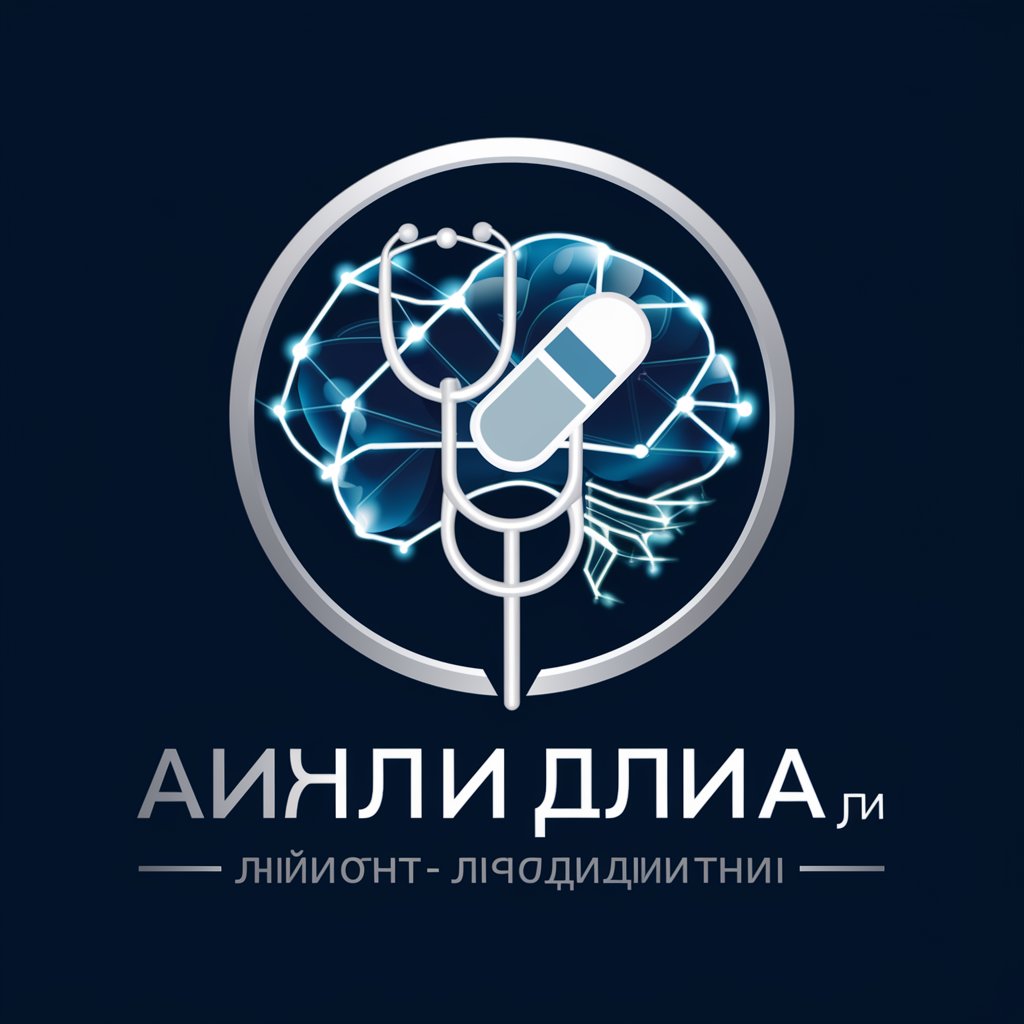
SmartPharm
Empowering health decisions with AI
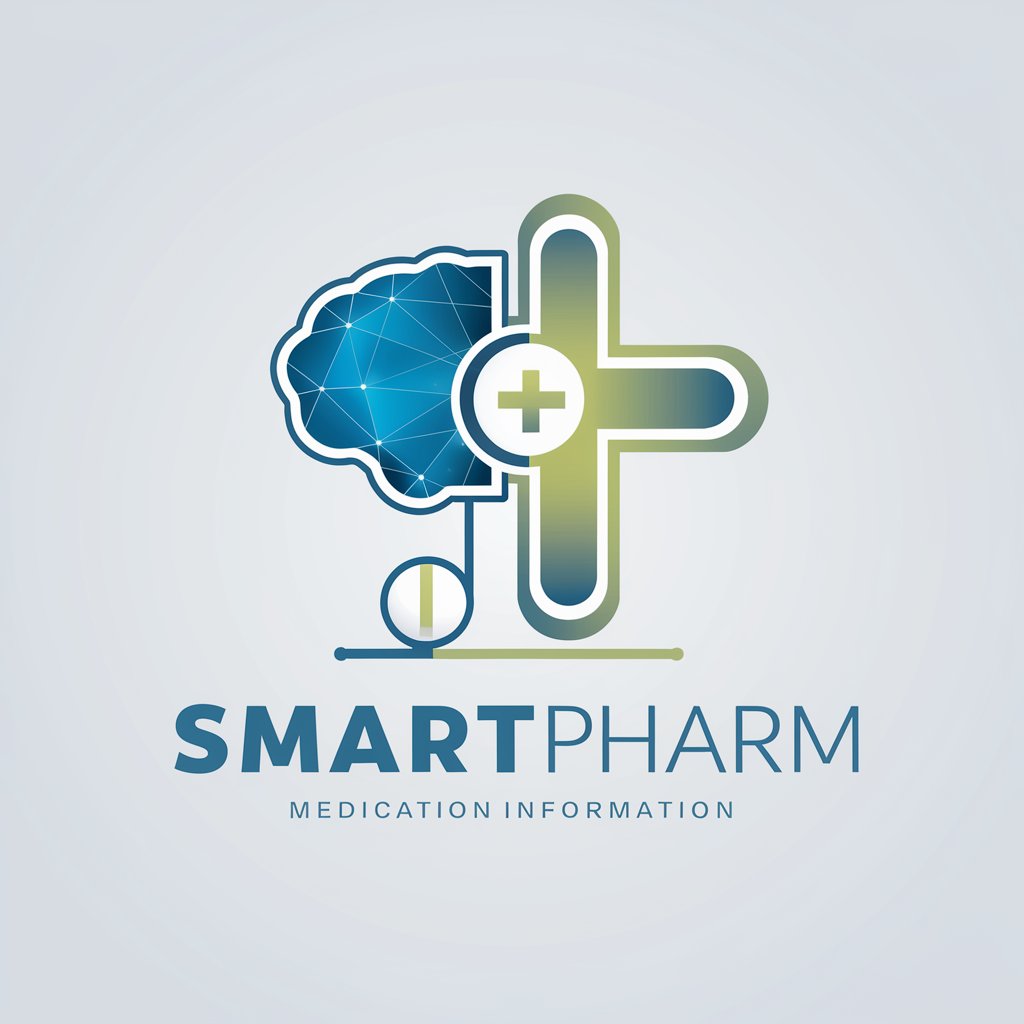
약사 챗봇
Decipher prescriptions with AI-powered precision.
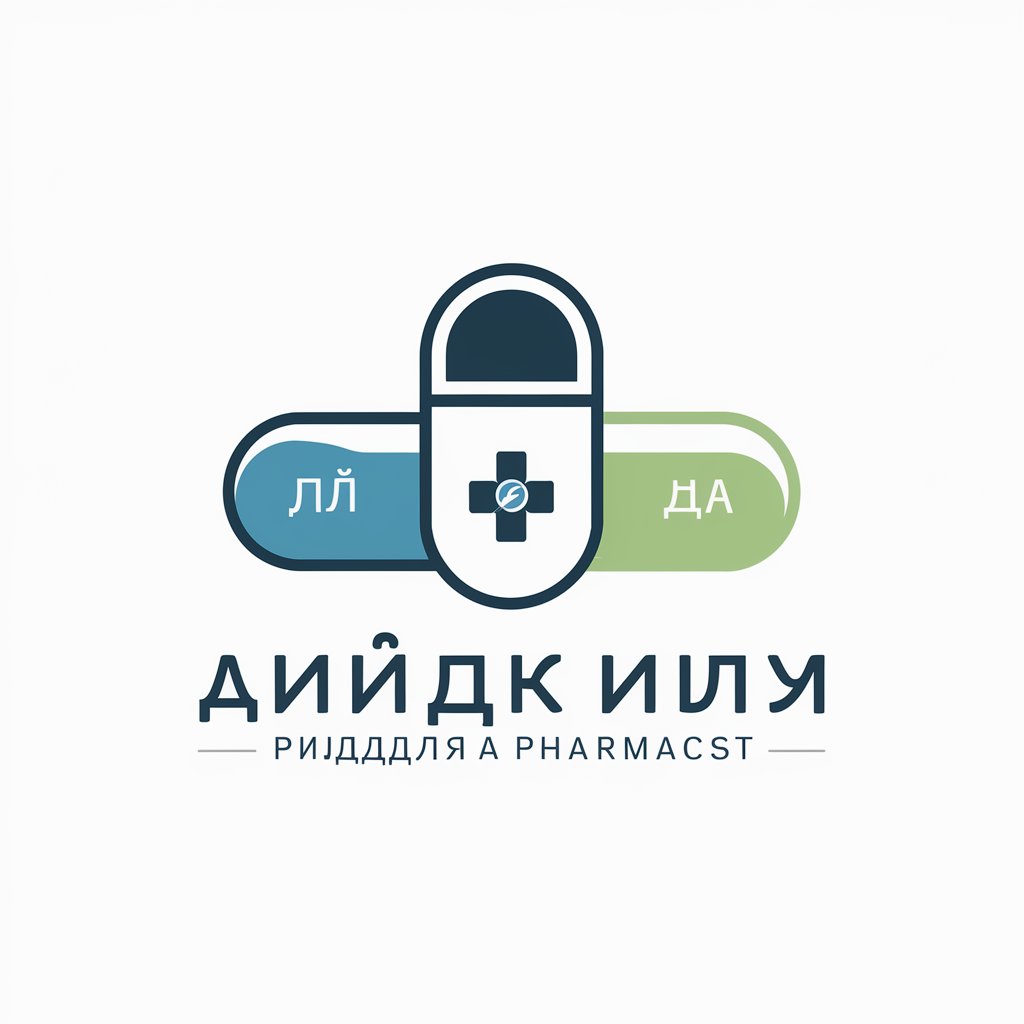
PharmaFinder AI
Empowering Health Decisions with AI
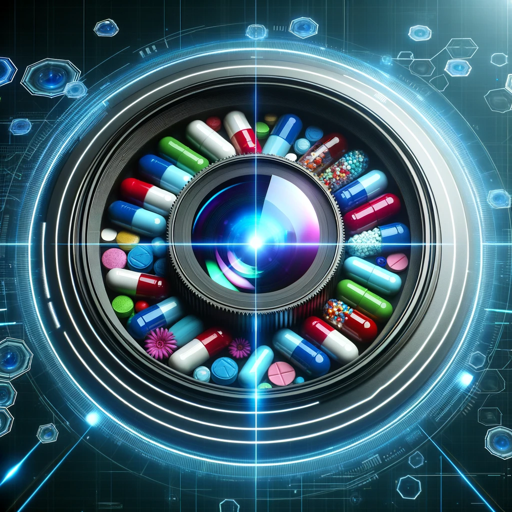
圖文辨識薬品名稱
Unlocking medication insights with AI
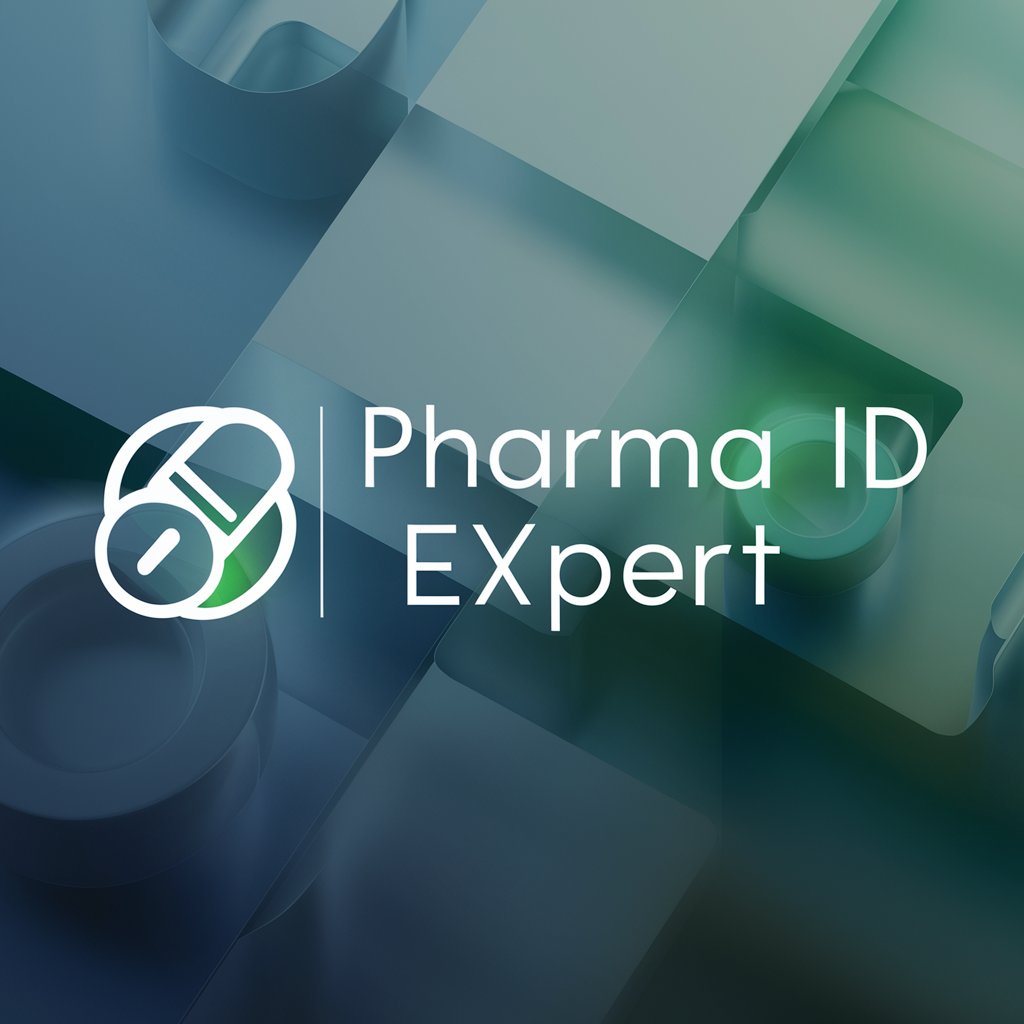
하티약국 AI
Empowering Your Health with AI
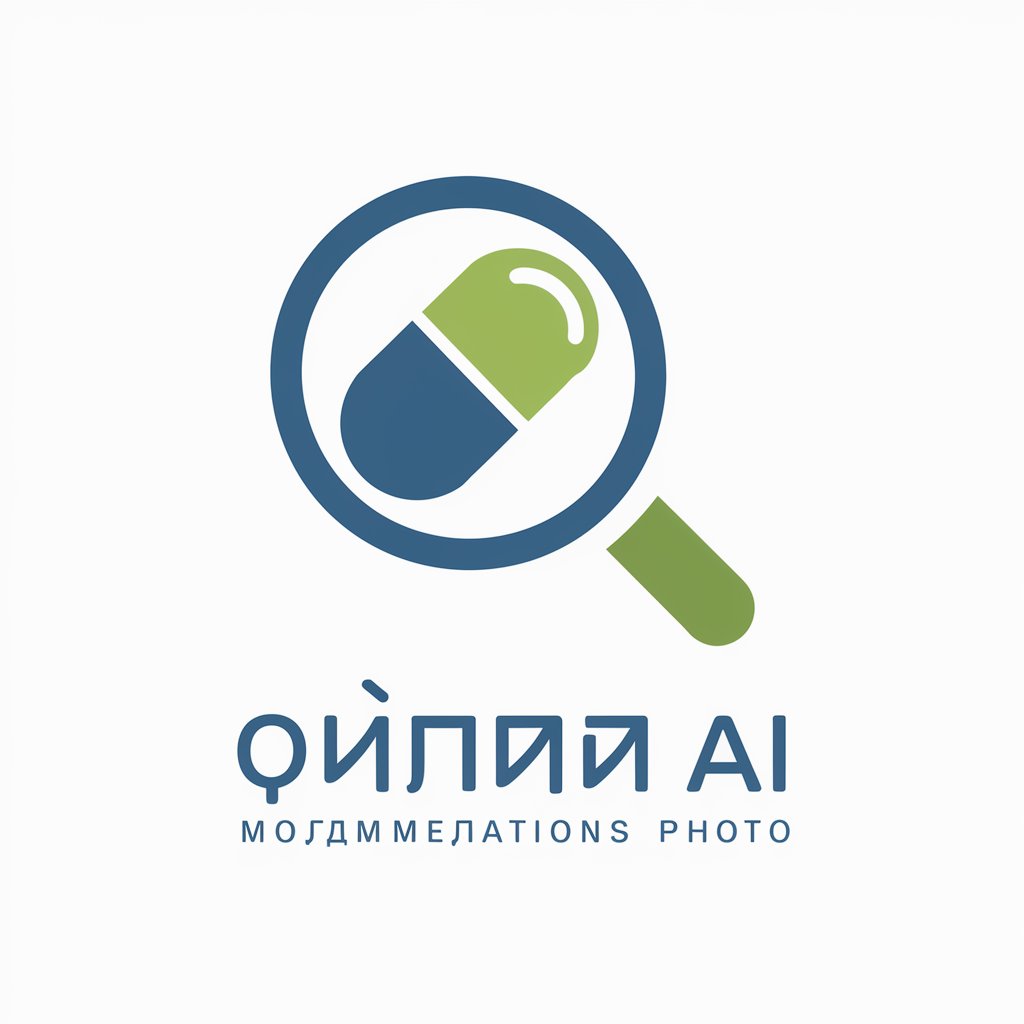
MediScan
Identify pills instantly with AI-powered precision.
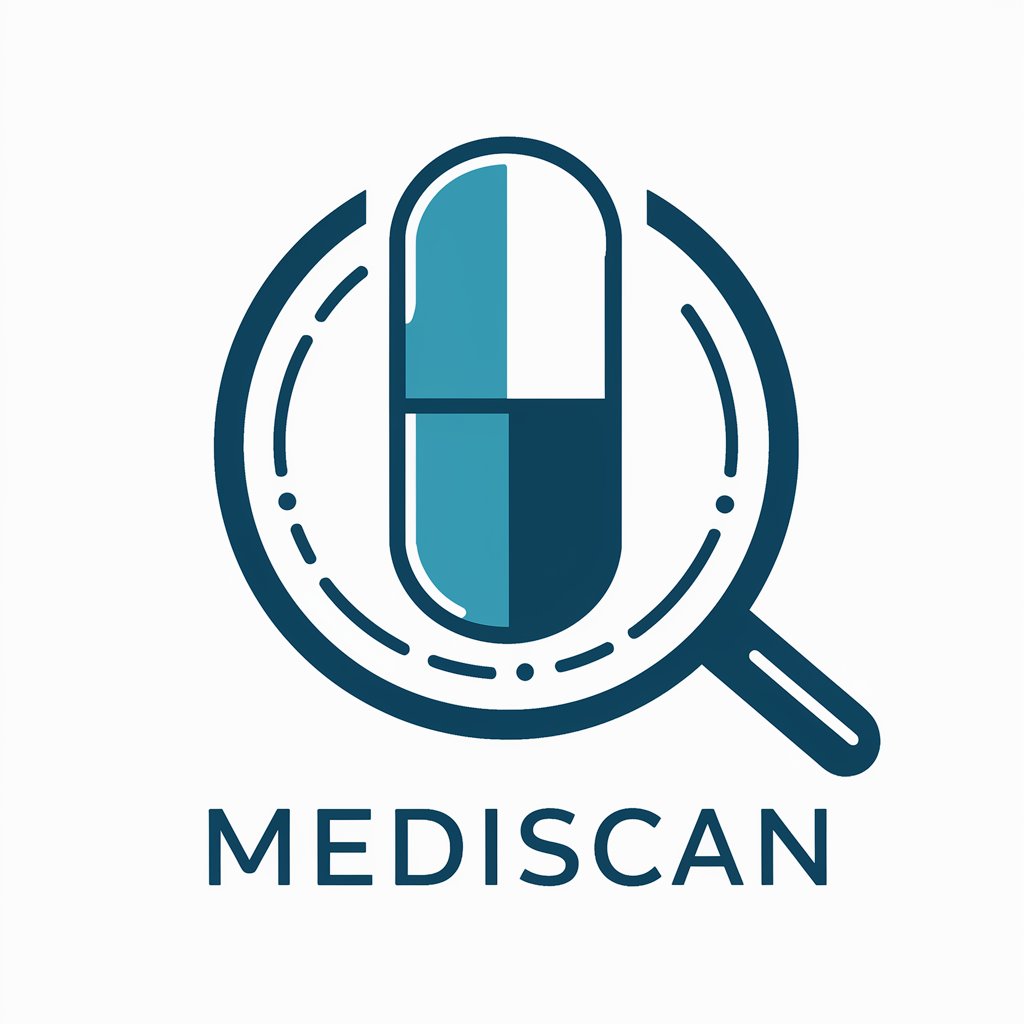
Key Attributes of Medication Identification GPTs
AI GPTs tools for Medication Identification are distinguished by their adaptability, accuracy, and comprehensive knowledge base. Key features include natural language processing for understanding and generating human-like responses to queries, image recognition capabilities to identify pills and packaging, and data analysis for drug interactions and side effects. Special features may encompass web searching for the latest medical research, integration with healthcare databases, and the ability to learn and update from new data, ensuring they remain current with medical standards and practices.
Who Benefits from Medication Identification GPTs
These AI tools are designed for a wide audience, including healthcare professionals like pharmacists and doctors, patients seeking information on their prescriptions, and researchers analyzing drug data. They are accessible to novices, offering straightforward interfaces for simple queries, and provide advanced customization options for developers and IT professionals in the medical field, enabling integration with existing medical software systems and workflows.
Try Our other AI GPTs tools for Free
Handwritten Recognition
Explore AI GPTs for Handwritten Recognition, the transformative tools designed to digitize and interpret handwritten text with unparalleled accuracy and efficiency.
Pharmaceutical Analysis
Discover how AI GPTs transform pharmaceutical analysis, enhancing drug discovery and development with advanced data analysis and insights.
Crafting Projects
Explore AI GPTs for Crafting Projects: innovative tools designed to inspire and assist your crafting journey with personalized project ideas, guides, and solutions.
Decorating Ideas
Discover the power of AI GPTs for Decorating Ideas, transforming your design projects with personalized, creative solutions. Explore a world where AI meets style.
Digital Compliance
Discover how AI GPTs for Digital Compliance streamline compliance processes with real-time monitoring, automated reports, and tailored advice, making it easier for organizations to adhere to regulations.
Recruitment Management
Revolutionize your hiring process with AI GPTs for Recruitment Management - smart, adaptable tools designed to automate recruitment tasks and enhance candidate engagement.
Enhancing Healthcare with Medication Identification AI
GPTs revolutionize medication identification by offering scalable, accurate, and efficient solutions across healthcare sectors. Their integration facilitates better decision-making, reduces the risk of medication errors, and supports personalized patient care. These AI tools exemplify how technology can complement human expertise to improve health outcomes.
Frequently Asked Questions
What exactly can AI GPTs for Medication Identification do?
They can identify medications from descriptions, images, or names, provide usage information, side effects, drug interactions, and more, using natural language processing and image recognition.
Are these AI tools easy to use for someone without a technical background?
Yes, they're designed with user-friendly interfaces that require no coding knowledge, making them accessible for anyone seeking medication information.
How do these AI models stay current with new medications and research?
They continually learn from new data, updates in medical databases, and the latest research papers, ensuring their information remains accurate and up-to-date.
Can I integrate a Medication Identification GPT with my healthcare application?
Absolutely, these tools offer APIs and customization options for developers to integrate them into existing healthcare applications or systems.
Do these AI tools support image recognition for pill identification?
Yes, they utilize advanced image recognition technologies to identify medications from images of pills and packaging.
What makes GPTs suitable for medication identification?
Their ability to process and generate natural language, along with image recognition and data analysis, makes them highly effective for the complex needs of medication identification.
Can these tools identify drug interactions?
Yes, they can analyze multiple medications to provide information on potential drug interactions and their implications.
How can AI GPTs improve patient care?
By providing quick and accurate medication identification and information, they enhance treatment safety, patient education, and adherence to medication regimens.